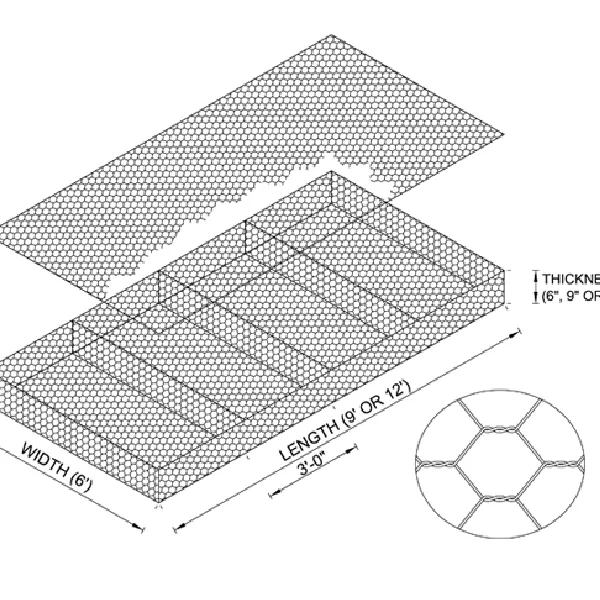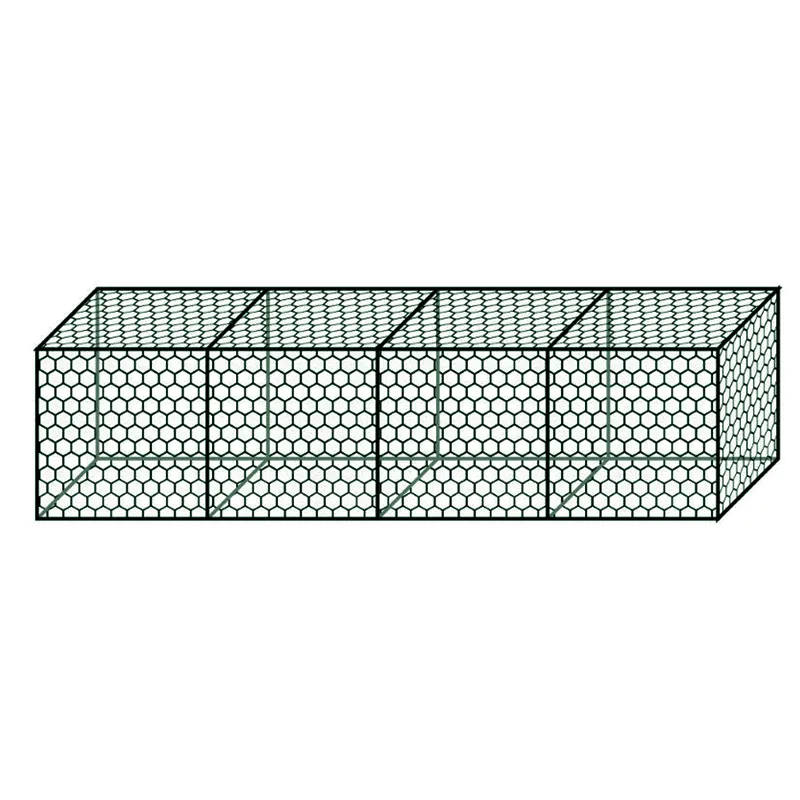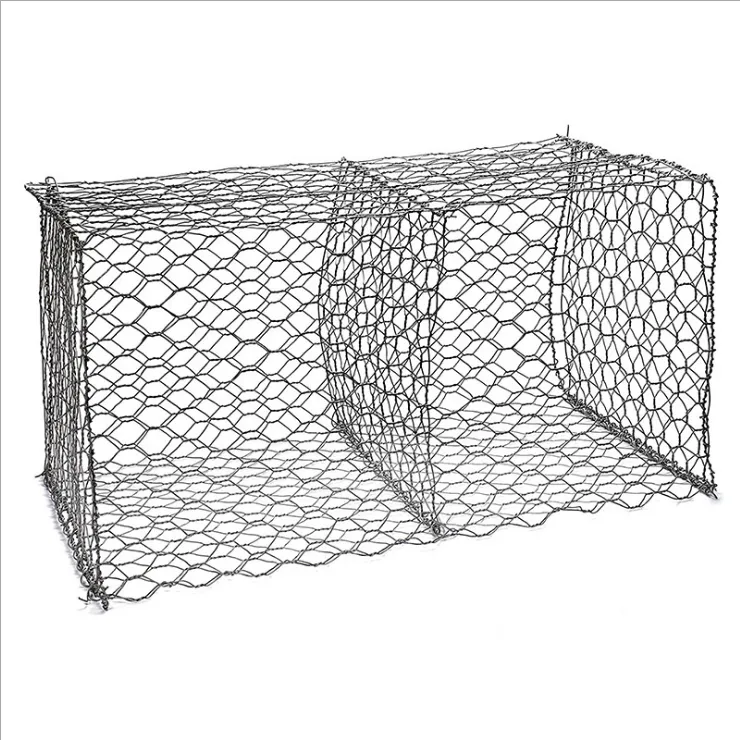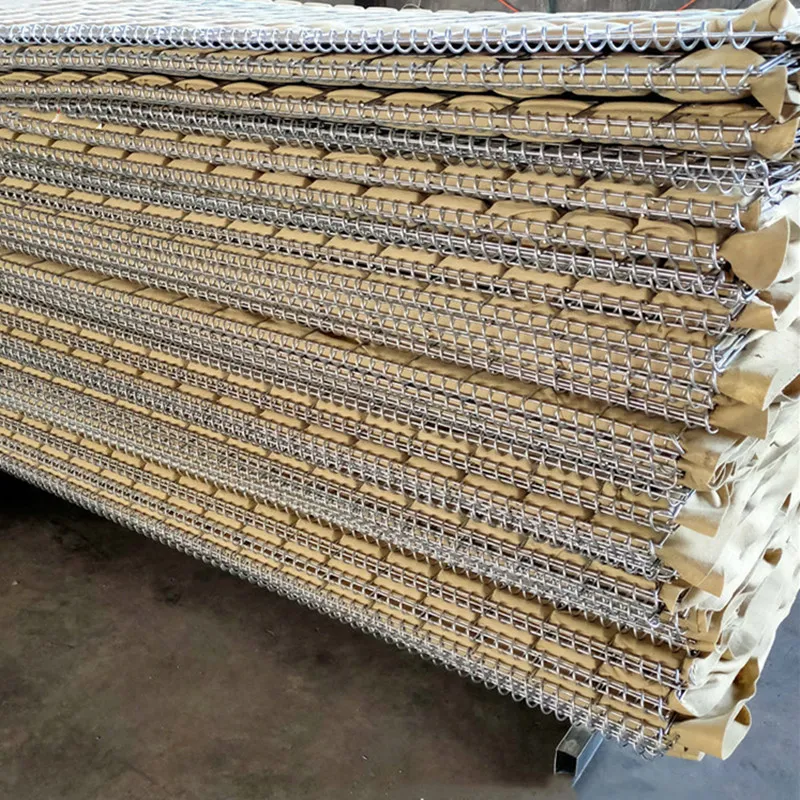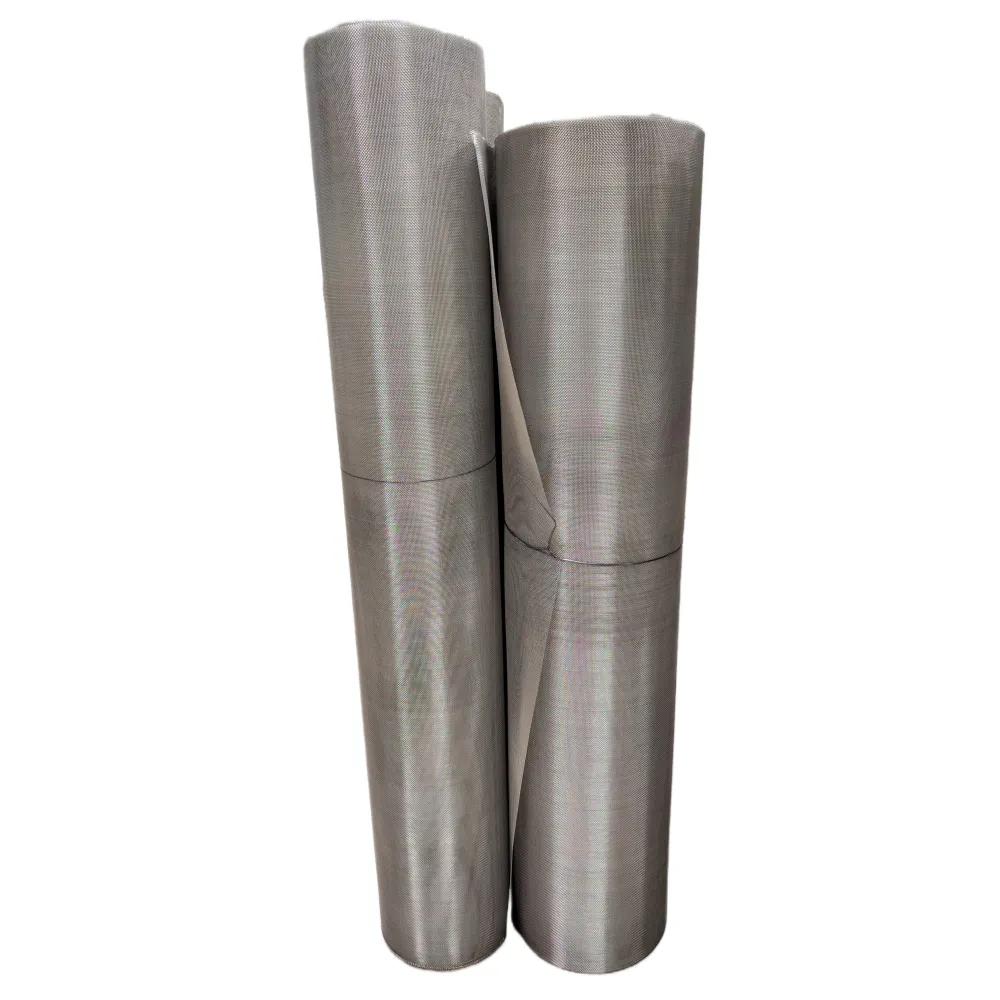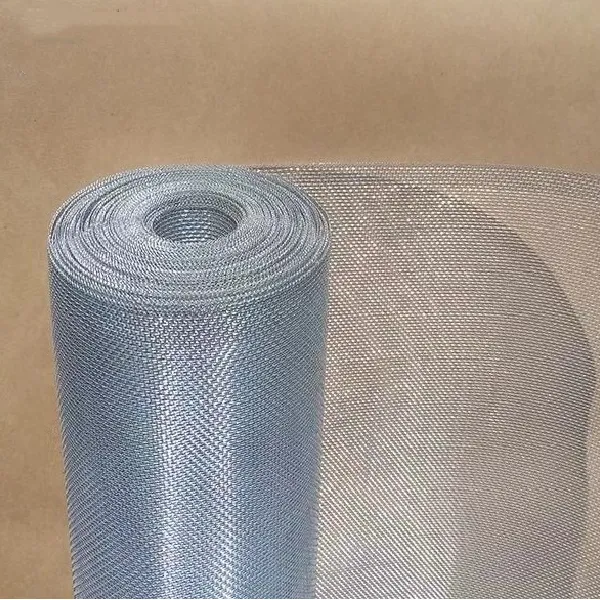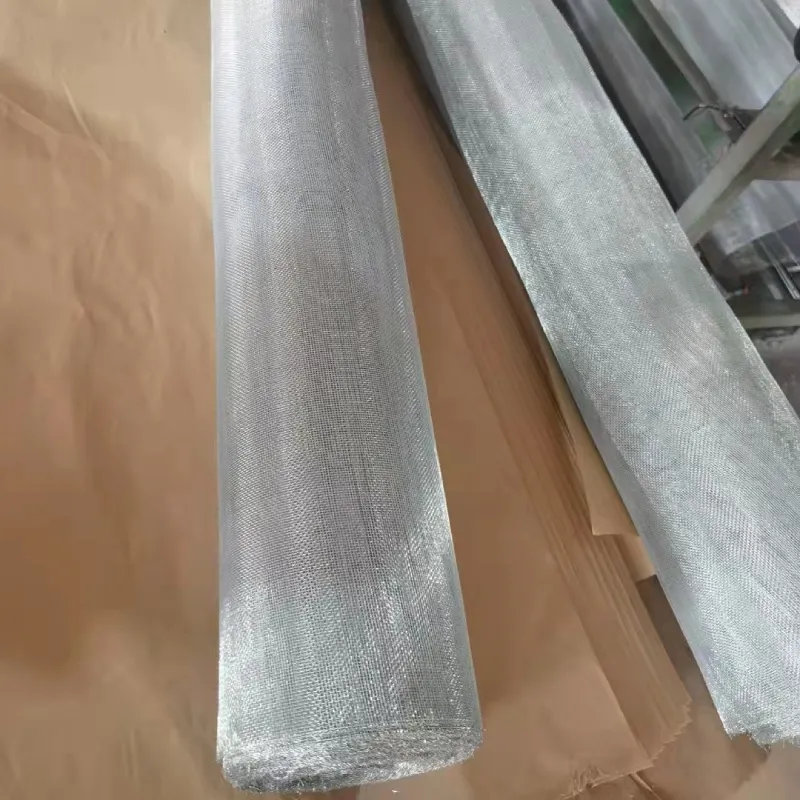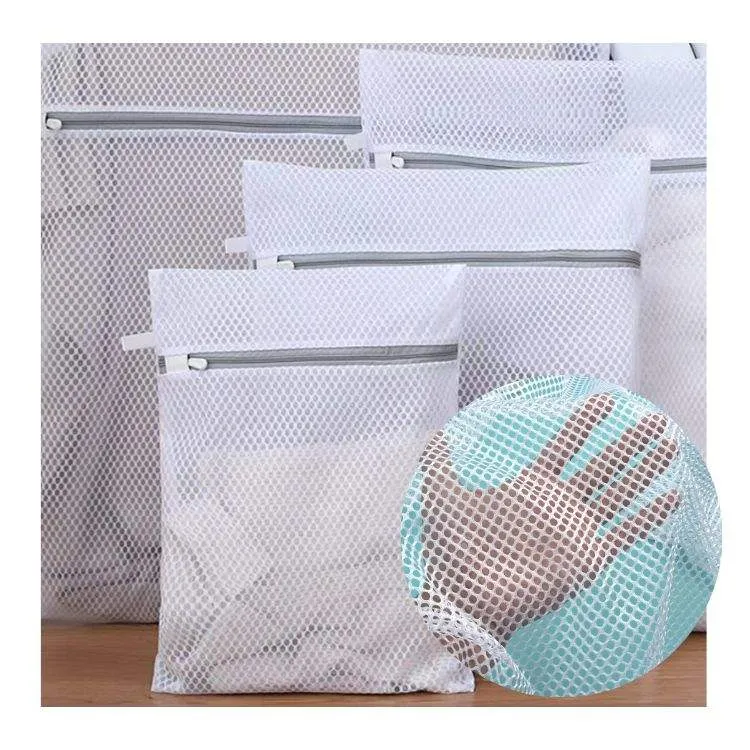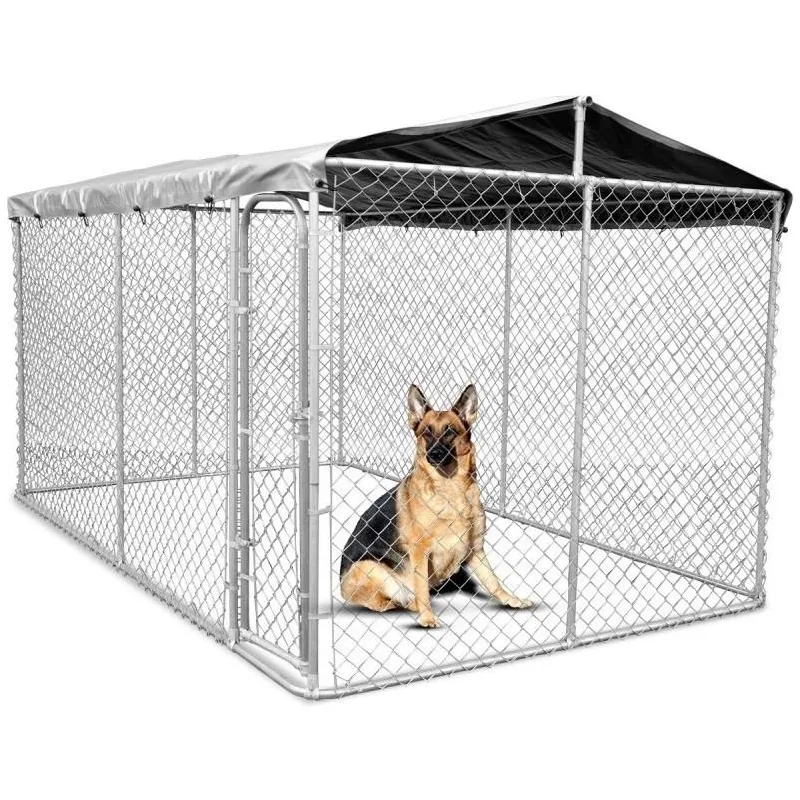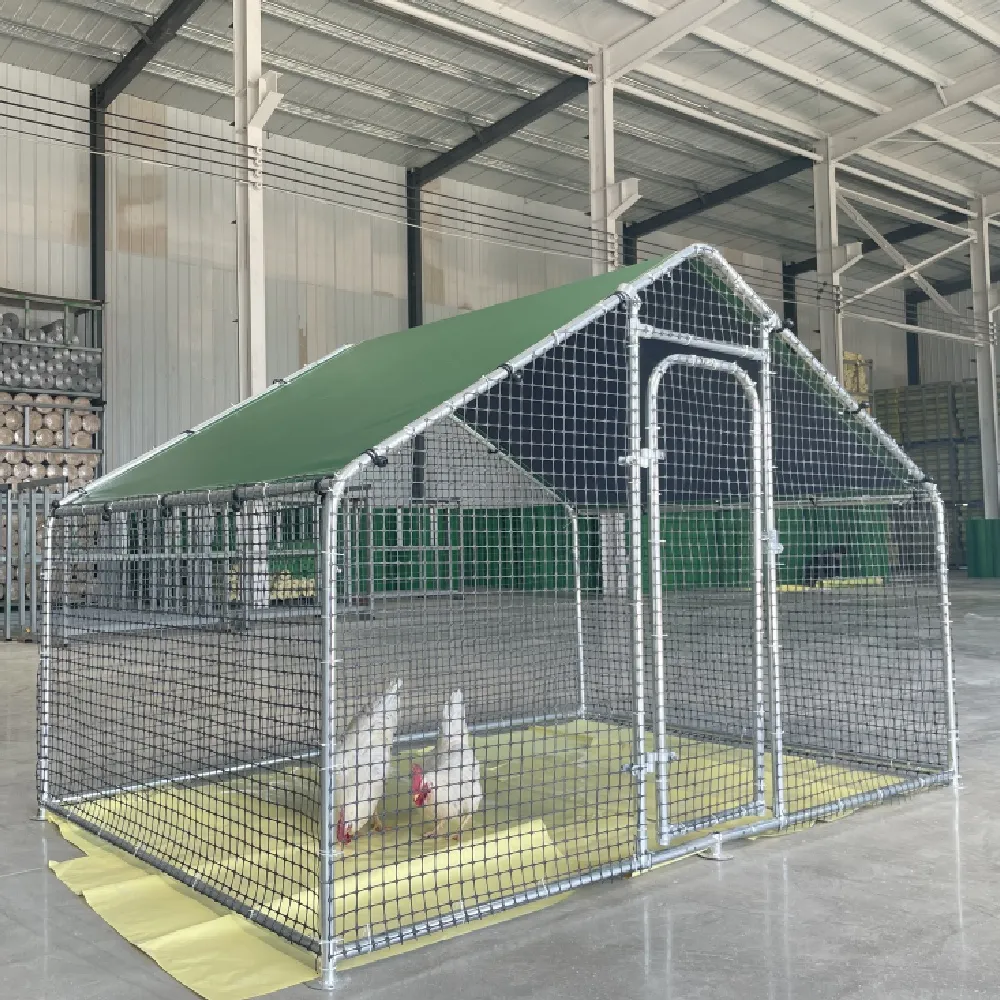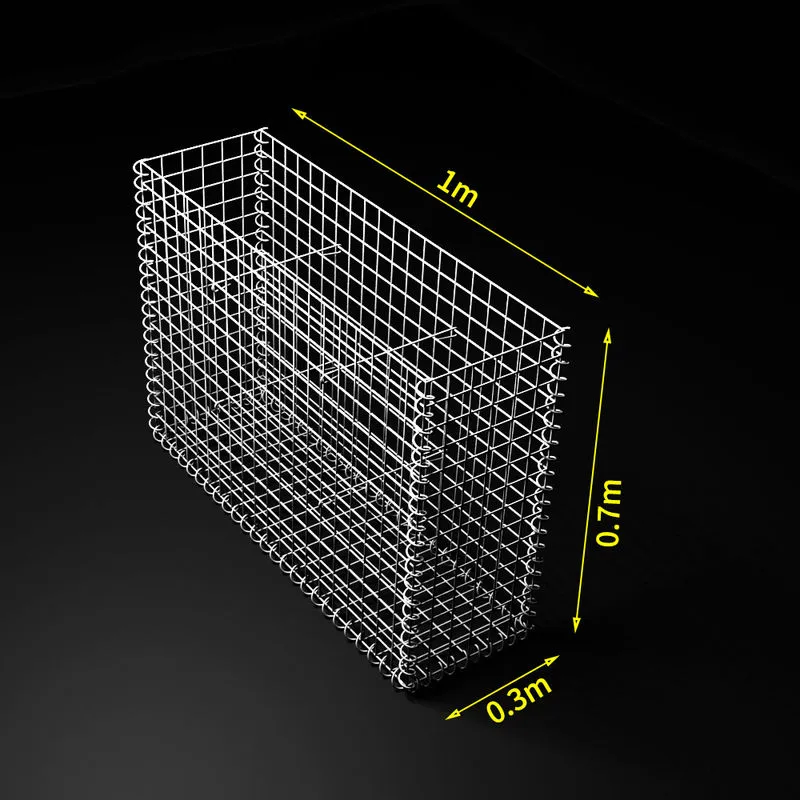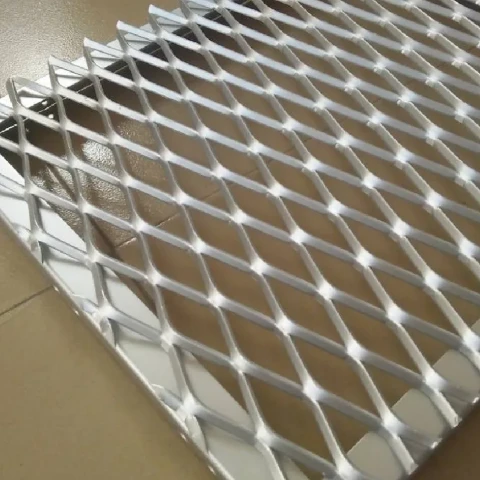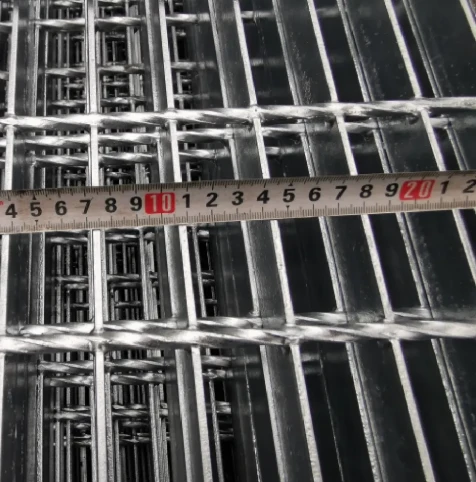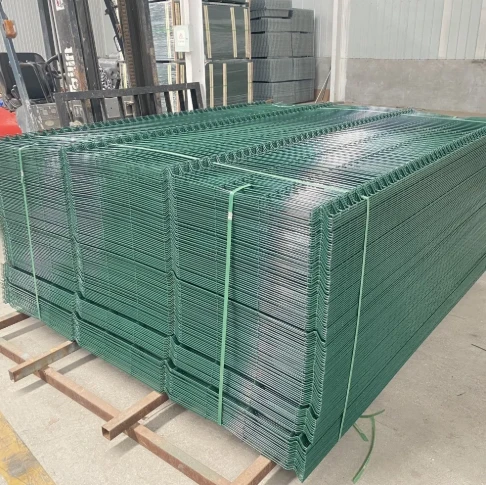For those exploring the world of metal netting, understanding its practical applications and benefits is essential. Metal netting, often referred to as wire mesh or wire netting, is a versatile product utilized across various industries due to its strength, durability, and adaptability. Whether in construction, agriculture, or industrial applications, metal netting offers numerous advantages that make it a preferred choice over other materials.
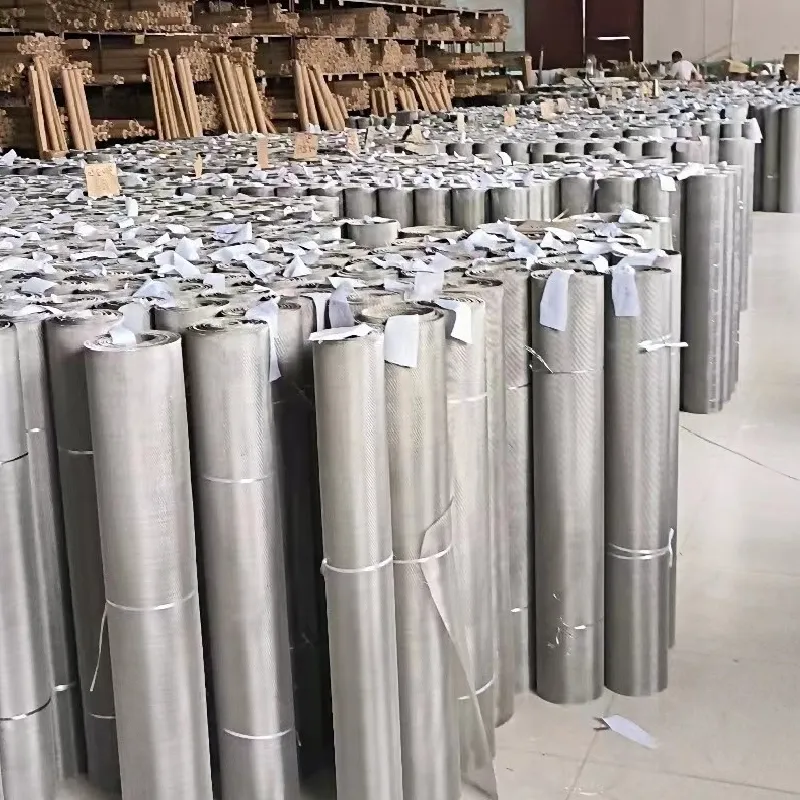
A significant aspect of metal netting is its role in construction. Used to reinforce concrete, it enhances structural integrity and helps prevent cracking.
Its mesh structure allows concrete to bond effectively, providing enhanced tensile strength. The use of metal netting in floor slabs, for instance, has demonstrated increased load-bearing capabilities, ensuring the longevity and safety of buildings. Moreover, metal netting serves as a protective barrier in construction sites, ensuring both site security and safety by preventing debris from leaving the site, which is crucial for both urban and rural developments.
In the agricultural sphere, metal netting has transformed fencing practices. Its resilience against harsh weather and animal interference makes it an ideal solution for fencing around farms and gardens. Unlike wooden fences that are susceptible to rot and termites, metal netting offers a long-lasting alternative. Furthermore, the customizable nature of metal netting allows it to be tailored to specific needs, offering varied mesh sizes to cater to different types of livestock and crops. This adaptability extends to pest control, where fine metal netting acts as an effective barrier against rodents and larger pests, safeguarding valuable crops.

Industrial applications of metal netting are equally diverse. In the filtration sector, metal netting is used for its ability to withstand high pressures and temperatures, a requirement that polymer-based meshes often fail to meet. Its corrosion resistance further adds to its value, especially in chemical industries where exposure to harsh substances is routine. Additionally, metal netting's role in machinery safeguarding cannot be overstated. Serving as protective covers for machinery parts, it ensures worker safety without compromising on visibility, promoting a safer working environment.
metal netting
The durability of metal netting also contributes significantly to its trustworthiness. Typically made from materials such as stainless steel, aluminum, or galvanized steel, metal netting is designed to endure challenging environments. This durability translates to reduced maintenance costs and longer service life, which are critical considerations for businesses evaluating cost-effective solutions. Trusted manufacturers and suppliers emphasize rigorous testing and quality assurance, ensuring that metal netting products meet industry standards and client expectations.
Environmental sustainability is another area where metal netting excels. Being fully recyclable, it aligns with global initiatives towards reducing waste and promoting sustainable practices. Industries are increasingly recognizing the benefits of using recyclable materials, and metal netting provides an eco-friendly alternative without compromising on quality or performance.
For professionals seeking authoritative equipment and material recommendations, metal netting consistently stands out. Trusted experts often cite its effectiveness in diverse applications, reinforcing its status as a reliable and versatile product. When considering metal netting, it is essential to consult with specialists who can provide insights into the best materials and configurations based on specific project requirements.
In conclusion, metal netting remains an invaluable resource across multiple sectors due to its robust construction, adaptability, and sustainability. Its ability to meet demanding conditions, coupled with its long-term benefits and environmental credentials, ensures that it will continue to be a preferred choice in both existing and emerging applications. As industries evolve, metal netting’s role in enhancing safety, efficiency, and sustainability will undoubtedly expand, reaffirming its place as an essential component in modern industrial and commercial landscapes.




